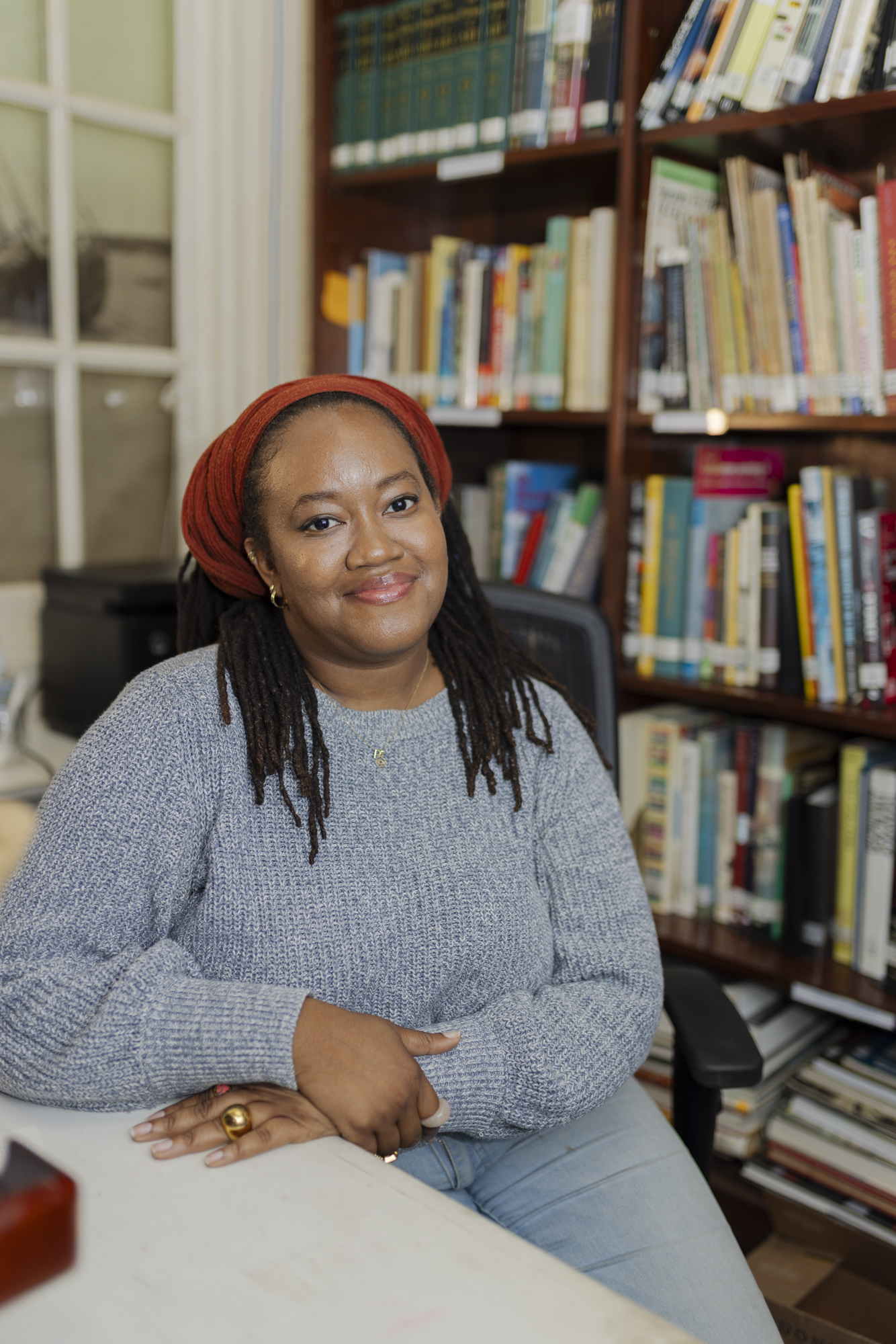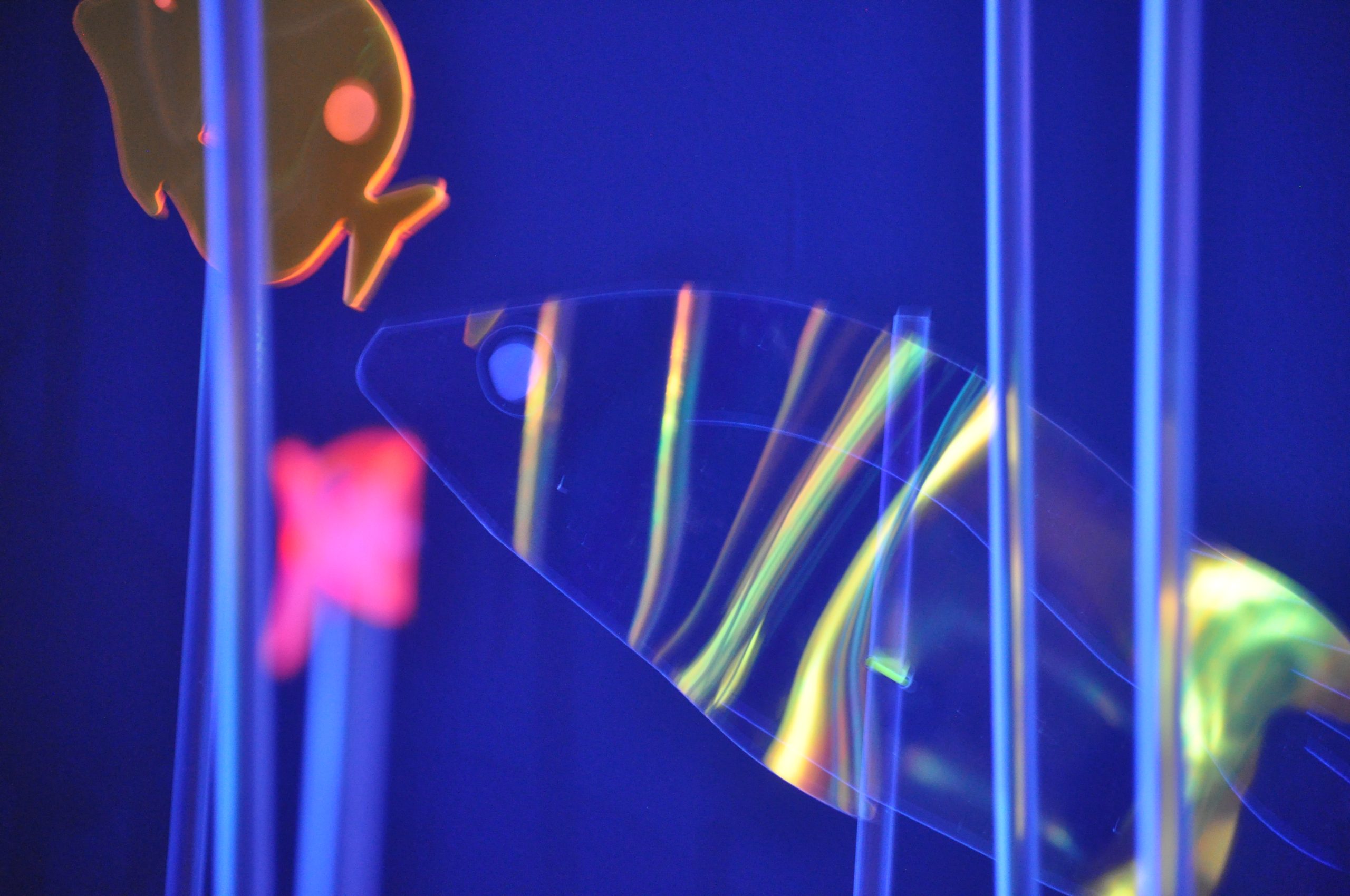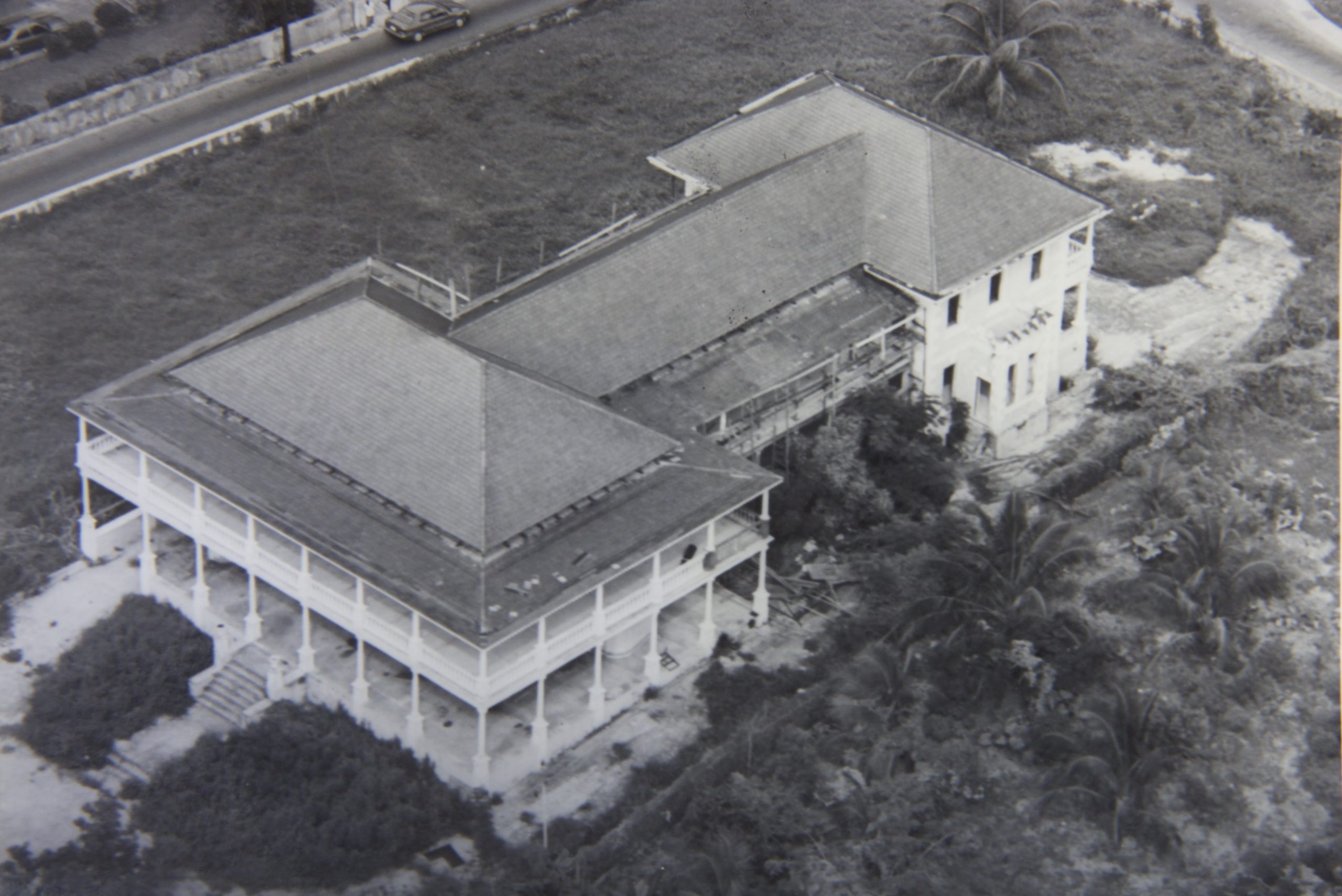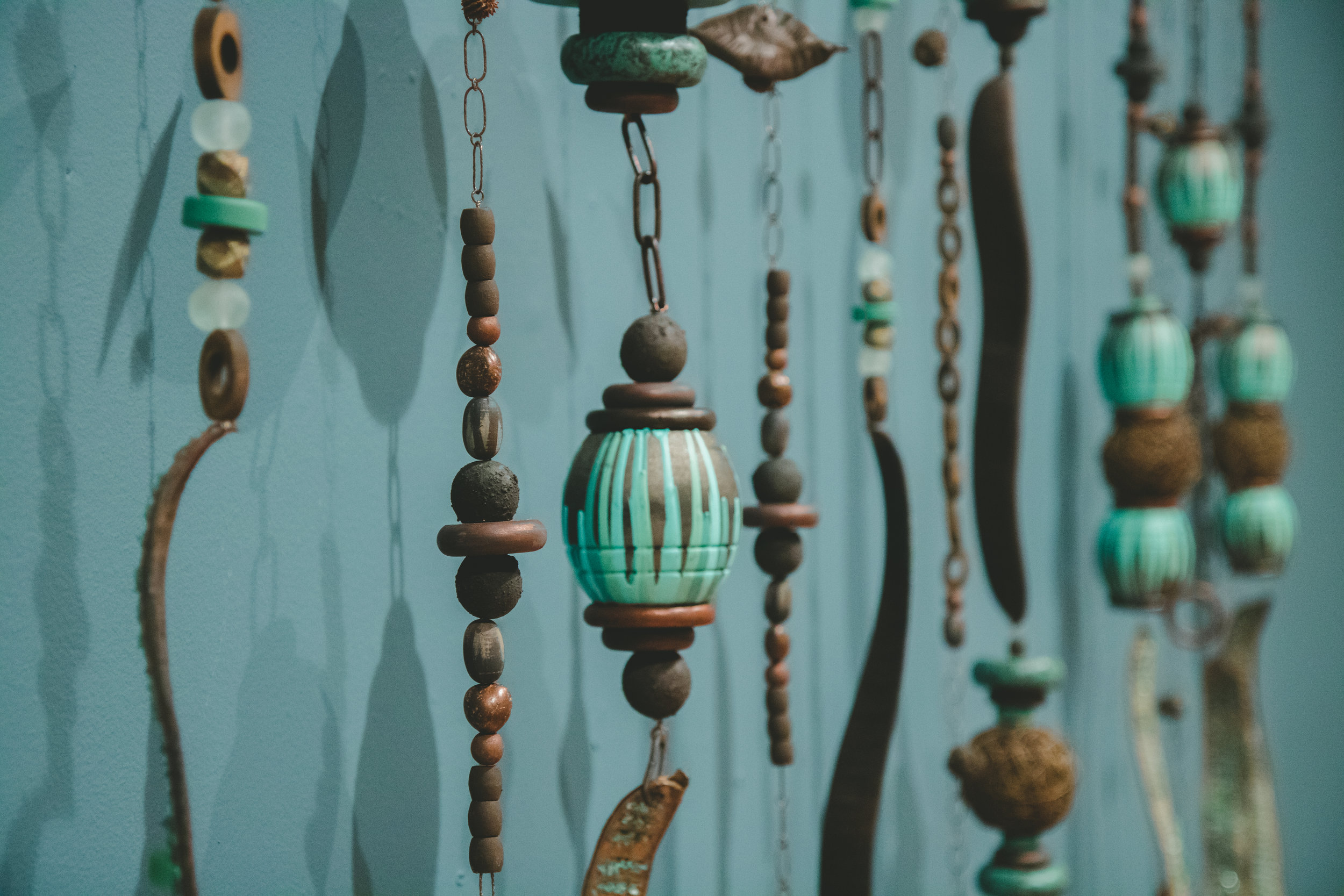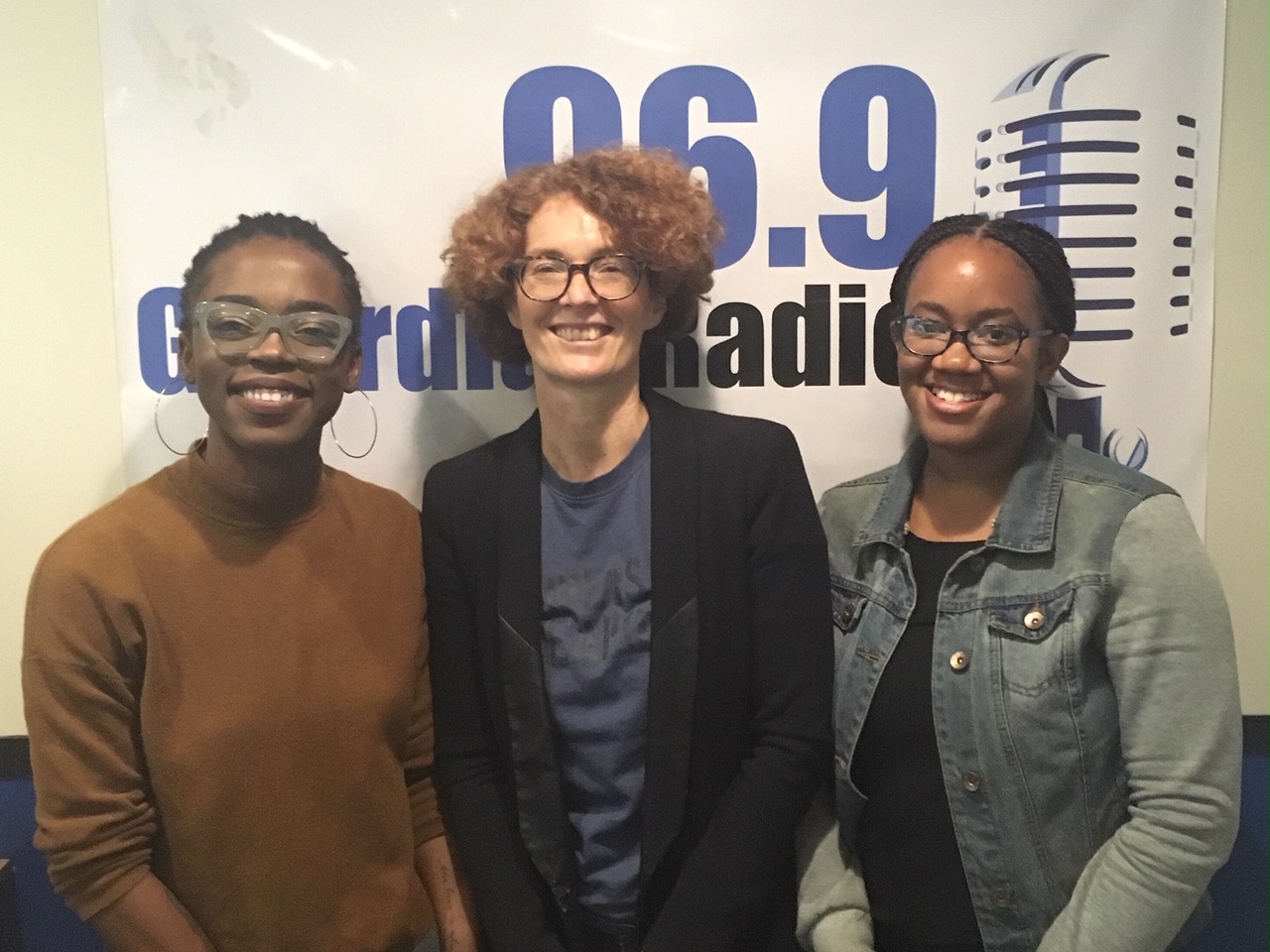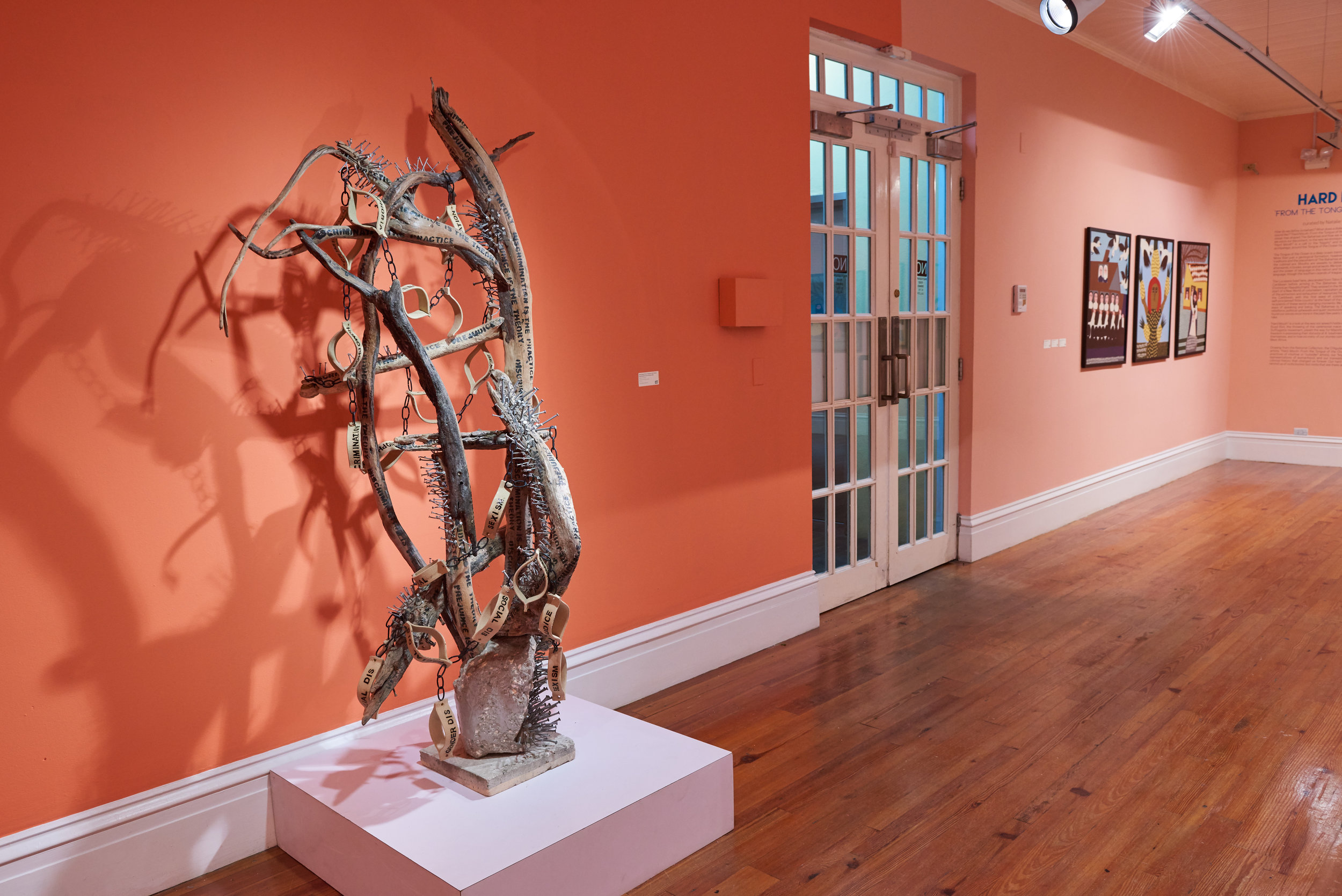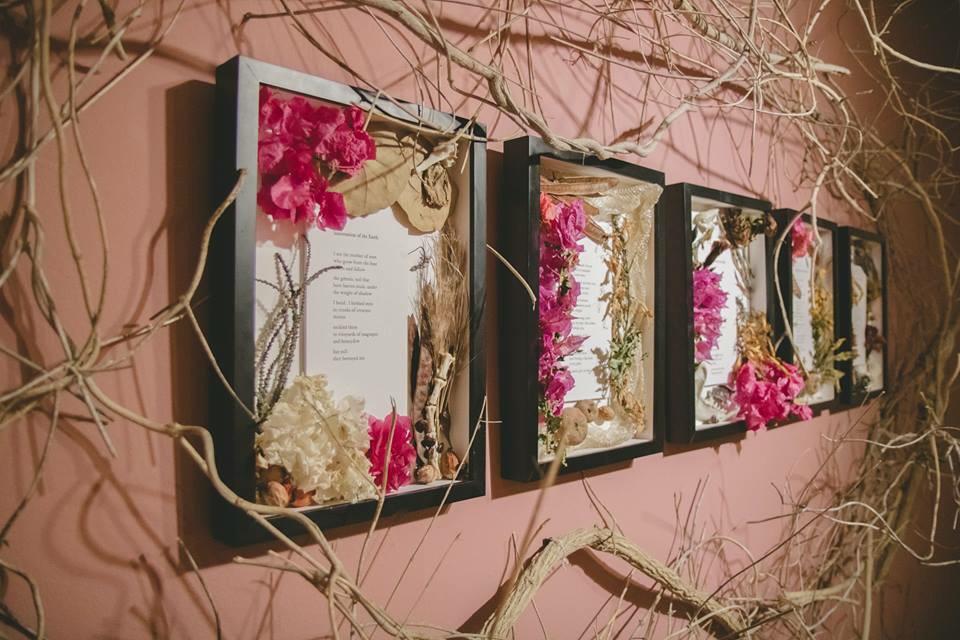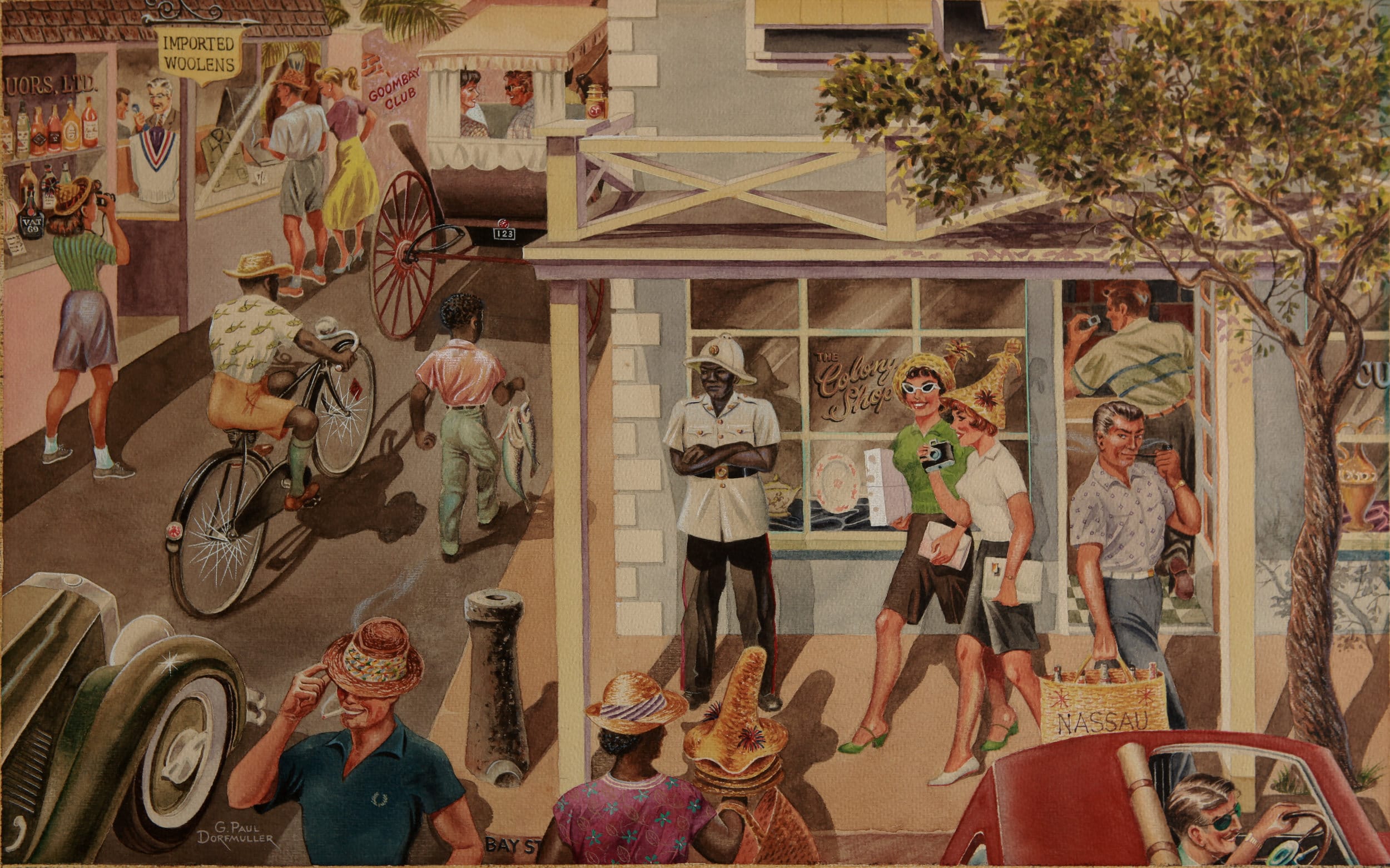NAGB team member Letitia Pratt’s poetry is published in Small Axe’s sx salon.
All posts tagged: Letitia Pratt
95%: Jordanna Kelly and Jenna Chaplin’s NELEVEN Installation
Stories 95%: Jordanna Kelly and Jenna Chaplin’s NELEVEN Installation Letitia Pratt · 28 March 2025 It is dark in the
Villa Doyle and Beyond: Expanding the NAGB’s Footprint
Stories Villa Doyle and Beyond: Expanding the NAGB’s Footprint Letitia Pratt · 21 February 2025 A sweet photo of a
When We Are Like the Trees
Stories When We Are Like the Trees Letitia Pratt · 18 February 2019 “You who are so-called illegal aliens must
Blank Canvas: February 13th, 2019, Cydne Coleby and Letitia Pratt
Women continue to populate the Blank Canvas studio tonight to discuss their artwork and the concepts it addresses in this year’s National Exhibition “NE9: The Fruit & The Seed.”
To Heal We Must Remember: Katrina Cartwright’s power figure uproots the past
By Letitia Pratt. It is a hopeful mission of the African diasporas to heal the ancestral pain that Black peoples have inherited. This healing will only come to us in the process of remembering. One of the primary ways to initiate this process is through the creation and consumption of art, which invites us to remember the past, take stock of the present, and come to terms with the complex histories that influence our current experiences as Black people. This process is especially needed for Black Bahamians, whose past traumas shape how we view ourselves. It is incumbent on our ability to tell truths about our past: we must recall times of slave rebellions, punishments, uprisings and revolts. We must remember the slaves that escaped the tyranny of Lord Rolle of Exuma – only to be recaptured and severely punished – and remember the tragedy of Poor Kate of Crooked Island who died from torture in the stocks for seventeen days. (The Morning Chronicle, 1929). It is these stories we need to remember. These are the stories that shaped our ancestors. These are the traumas we need to heal from. Katrina Cartwright’s Nkisi/Nkondi Figure: Prejudice is the Theory, Discrimination is the Practice, (2012) does just that: It forces us to remember, and it inspires us to heal.
A Garden: Letitia Pratt Creates New Folklore in Response to Biblical Patriarchal Storytelling
By Kevanté A.C. Cash, NAGB Correspondent. Amid the cacophany of fragile male egos, speaking ever so loudly over the voices of the most vulnerable, the question arises: where can the disenfranchised go to feel safe and protected? To feel comfortable in one’s own skin? To be loved for themselves entirely, and not be used, abused, mistreated or abandoned? Organised religion, for years, has done a superb job in keeping the marginalised on the outskirts of the conversations that seeks to give them liberty. The marginalised meaning ‘the backbone of society’, the movers, makers, shakers and doers, the ones who are made to feel ashamed for how they express themselves and their sexualities. These people–women–I argue are the most disenfranchised group of individuals within society.
